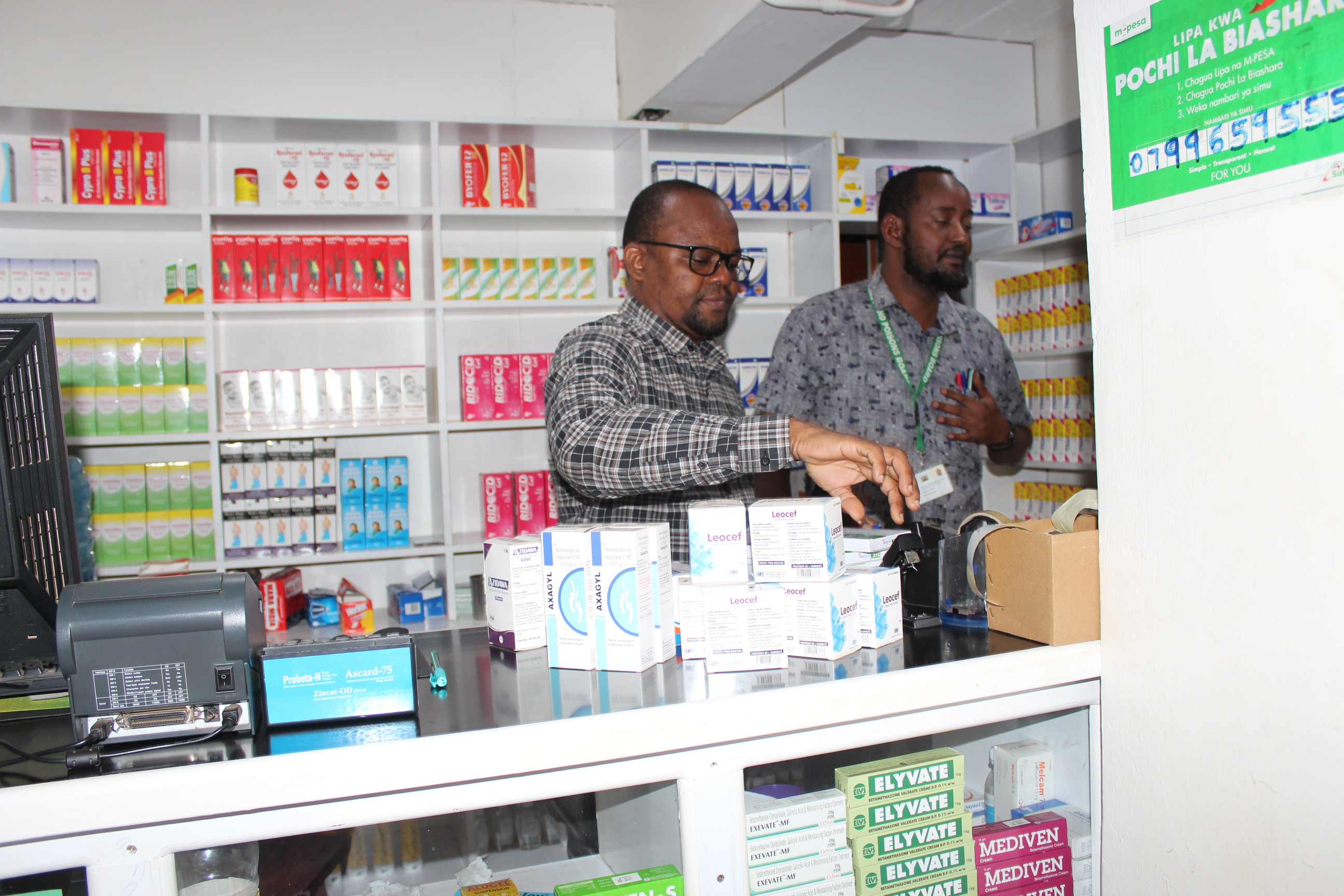

Unscrupulous traders selling prescription drugs have been blamed for fuelling addiction in Central region.
The Pharmacy and Poisons Board has said some pharmacists have been selling to youth drugs that should only be authorised my medics over the counter
Regional regulatory coordinator James Gathogo said most of the pharmacists engaging in this illegal trade are operating illegally.
“We have realised this challenge is mostly affecting pharmacists who don’t have licences and those are some of the reasons that inform our inspections,” he said.
During inspections, Gathogo said officials from the board inspect records to confirm whether pharmacists sell drugs without the necessary prescription.
He said such drugs have the capacity to cause mental instability, accidents and reduce the productivity of those who consume them without a prescription.
Speaking during an inspection exercise in Murang’a town and surrounding towns, Gathogo said about 100 pharmacists have been charged in court for non-compliance in the last two years.
Majority of the cases, he said, involve unregistered pharmacists while others are on pharmacists operating unlicenced businesses.
“We have been conducting sporadic inspections in all parts of the region to ensure practitioners are compliant,” he said.
Two people were arrested in Murang’a town after they were found operating pharmacies without licences.
Gathogo said errant pharmacists are arrested and their outlets closed down, and that a banner indicating the reason for the closure is then erected in their premises.
“We do this to ensure members of the public access drugs from properly licenced outlets and the drugs are safely stored. We also conduct routine training forums for the pharmacists to keep them abreast with the requirements,” he said.
Gathogo also underscored the need for pharmacists to procure drugs from licenced sources that can be traced.
He highlighted the danger of buying drugs from unauthorised pharmacists that includes the inability to confirm the quality of the drugs sold and the pharmacies suitability to hold the drugs.
Medicine, he said, is a poison and can have unfavourable effects if not properly handled.
He cautioned members of the public to ensure they buy medicine from pharmacists with name tags that out that display their registration numbers.






![[PHOTOS] Ruto and Raila share fish meal](/_next/image?url=https%3A%2F%2Fcdn.radioafrica.digital%2Fimage%2F2025%2F05%2F5003b8f6-969f-4b43-ba70-7ee9d3e620b9.jpg&w=3840&q=100)
![[PHOTOS] Kindiki visit brings Embu town to standstill](/_next/image?url=https%3A%2F%2Fcdn.radioafrica.digital%2Fimage%2F2025%2F05%2F4719736e-3251-4a99-aa0e-d1e2b85556ea.jpeg&w=3840&q=100)


